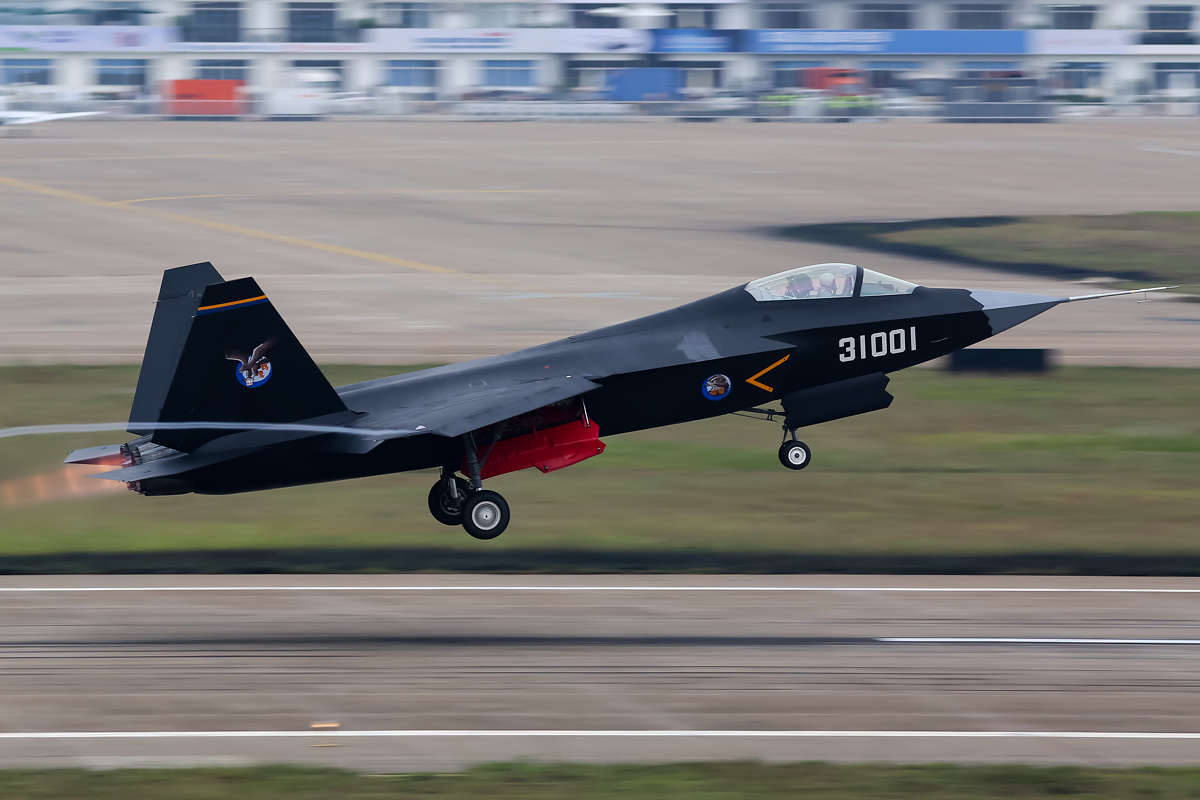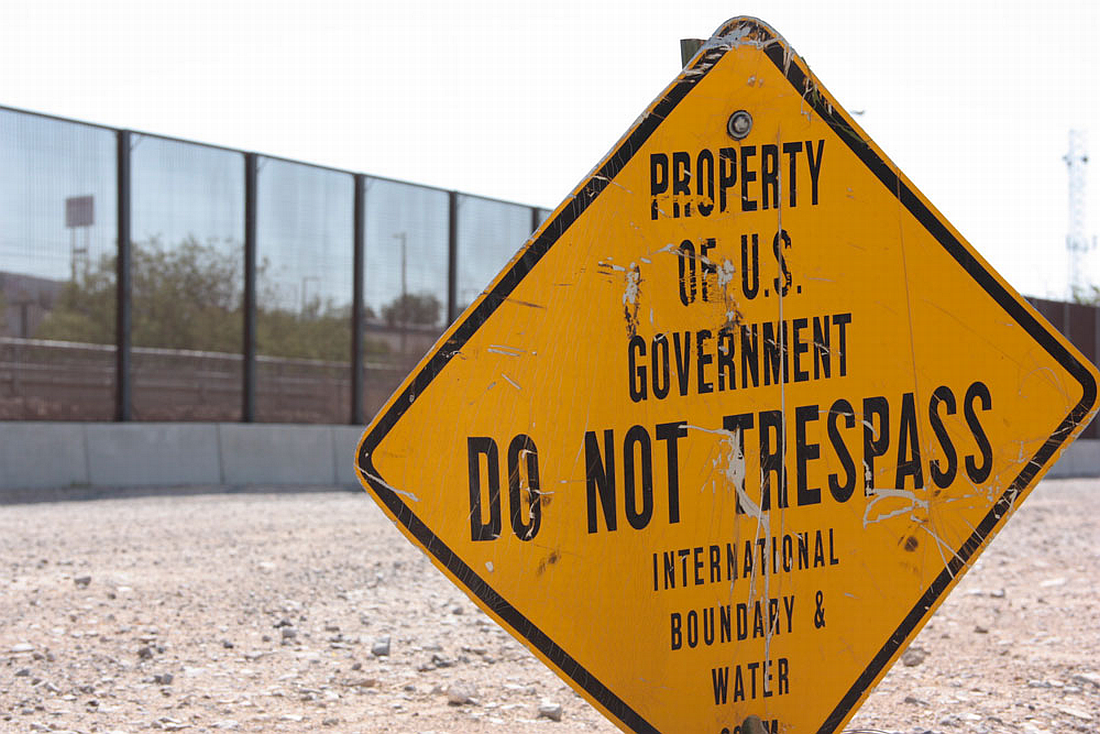
The Chinese government is escalating tensions with Taiwan following a visit to the island nation by U.S. House Speaker Nancy Pelosi (D-Calif.)
Last week prior to her visit, the former editor of the state-run Global Times, a Chinese government propaganda mouthpiece, essentially threatened Pelosi's plane with being shot down, while other official sources also used bellicose rhetoric as the ChiCom government announced and launched 'snap' military exercises.
“If US fighter jets escort Pelosi’s plane into Taiwan, it is an invasion. The PLA has the right to forcibly dispel Pelosi’s plane and the US fighter jets, including firing warning shots and making tactical movement of obstruction. If ineffective, then shoot them down,” Hu Xijin said in a tweet that has since been taken down for violating the platform’s rules.
Other Chinese officials made similarly threatening remarks, with CNN reporting that Chinese President Xi Jinping issued a stern warning to President Joe Biden over the visit.
“Public opinion shall not be violated, and if you play with fire you get burned. I hope the US side can see this clearly,” Xi reportedly told Biden, according to a CNN report.
Taiwan was also hit by a cyberattack, according to reports, as Chinese warplanes flew near the island’s boundary in the Taiwan Strait.
“Taiwanese authorities confirmed Tuesday that the Office of the President’s website fell victim to an overseas cyberattack that caused the site to be down for 20 minutes, according to local reporters. The president’s office reportedly confirmed that Tuesday’s attack traffic was 200 times that of a normal day,” Fox News reported.
“The culprit behind the attack has not yet been revealed but came just hours before Chinese warplanes flew close to the unofficial dividing line that separates the Taiwan Strait between mainland China and Taiwan.
China has also launched “live-fire exercises” close to the Pingtan islands off Fujian province, Xinhua News Agency added.
According to Forward Observer, a private-sector intelligence firm, China has also begun what appears to be a de facto blockade of Taiwan:
China announced Tuesday a series of military exercises and related restricted travel zones that essentially form a blockade of Taiwan through at least the next week. Chinese authorities published international warnings which prohibited air and sea travel through those restricted areas and are conducting live-fire exercises with naval surface combatants, aviation strike packages, hypersonic missiles, and starting yesterday, ballistic missiles in the vicinity of Taiwan. According to Taiwan’s Economy Ministry, the island nation maintains a natural gas stockpile that would last 10-11 days, enough crude oil to last 146 days, and enough coal to last 39 days.
"Should China choose to extend the military exercises and emplace a full air and sea blockade, Taiwan could be expected to last 30-45 days before suffering a significant loss of energy production; at 90 days, the military would likely be combat ineffective," an analyst comment accompanying the assessment noted further.
"The lack of more robust energy stockpiles and the inability to resupply the island in the face of a Chinese military blockade makes Taiwan vulnerable to a coercive reunification effort by China," the analyst added.
The naval combat power China has deployed in the vicinity of Taiwan includes an aircraft carrier battle group and a nuclear-powered ballistic missile submarine, other reports noted.
Forward Observer adds:
The exercises include large Chinese naval and air forces, including J-20 stealth fighters and hypersonic missiles. Taiwan government officials said earlier today that the exercises violated United Nations rules, invaded Taiwan’s territorial space, and amounted to a blockade of its air and sea routes to and from the island nation.
"These exercises could easily segue into a complete blockade of Taiwan, including a seizure of Japan’s Senkakus and Nansei islands. At a minimum, this week likely marks the point when China commences its forced reunification of Taiwan, a process that will likely occur over many months of information operations, military provocations and operations, as well as political warfare within the borders of Taiwan," noted the analyst.
Sources include:
Please contact us for more information.



















